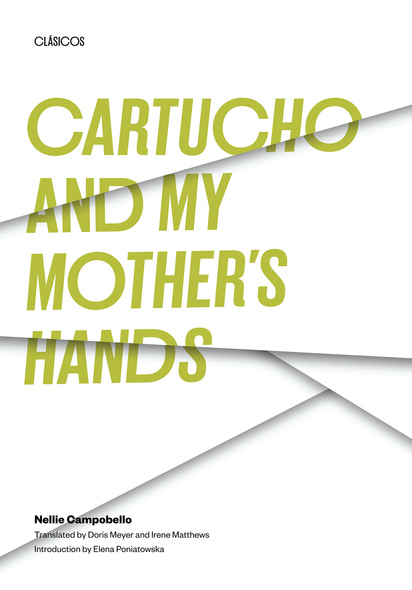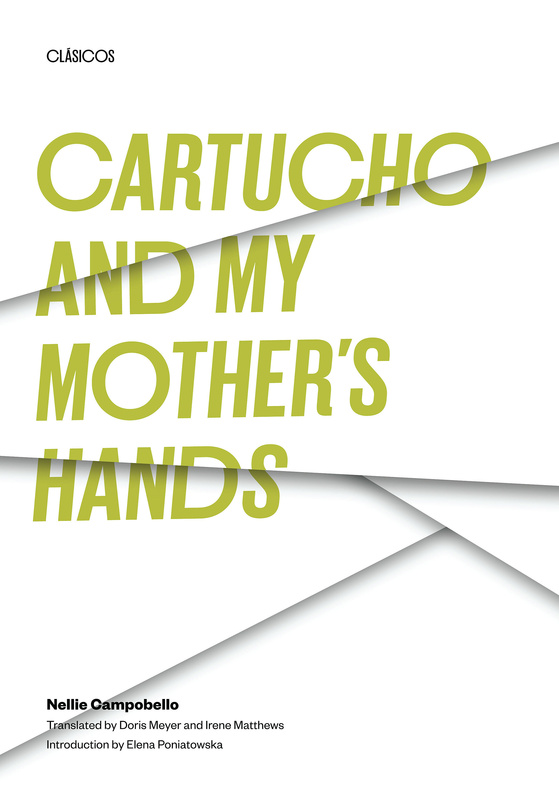Nellie Campobello, a prominent Mexican writer and "novelist of the Revolution," played an important role in Mexico's cultural renaissance in the 1920s and early 1930s, along with such writers as Rafael Muñoz and Gregorio López y Fuentes and artists Diego Rivera, Orozco, and others. Her two novellas, Cartucho (first published in 1931) and My Mother's Hands (first published as Las manos de Mamá in 1938), are autobiographical evocations of a childhood spent amidst the violence and turmoil of the Revolution in Mexico. Campobello's memories of the Revolution in the north of Mexico, where Pancho Villa was a popular hero and a personal friend of her family, show not only the stark realism of Cartucho but also the tender lyricism of My Mother's Hands. They are noteworthy, too, as a first-person account of the female experience in the early years of the Mexican Revolution and unique in their presentation of events from a child's perspective.
Doris Meyer is Roman S. & Tatiana Weller Professor Emeritus of Hispanic Studies at Connecticut College. Irene Matthews is Associate Professor Emeritus of Comparative Literature at Northern Arizona University.
- Introduction by Elena Poniatowska
- Cartucho (translated by Doris Meyer)
- Translator’s Note
- I. Men of the North
- II. The Executed
- III. Under Fire
- My Mother’s Hands (translated by Irene Matthews)
- Translator’s Note
- She Was....
- Once I Sought Her, Far Away....
- Reader, Fill Your Heart with My Respect
- You and He
- Her Love
- Our Love
- Her Skirt
- Her God
- The Men Left Their Mutilated Bodies Awaiting the Succor of These Simple Flowers
- The Men of the Troop
- The Dumb One
- A Villa Man Like So Many Others
- She and Her Machine
- Jacinto’s Deal
- Plaza of the Lilacs
- When We Came to a Capital City
- A Letter for You






